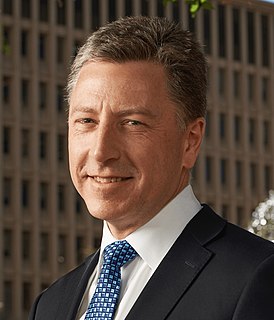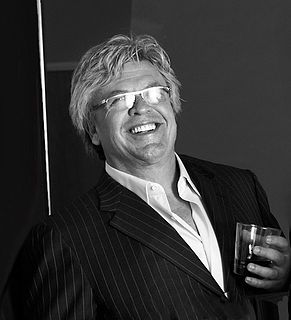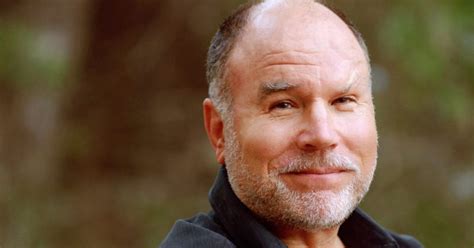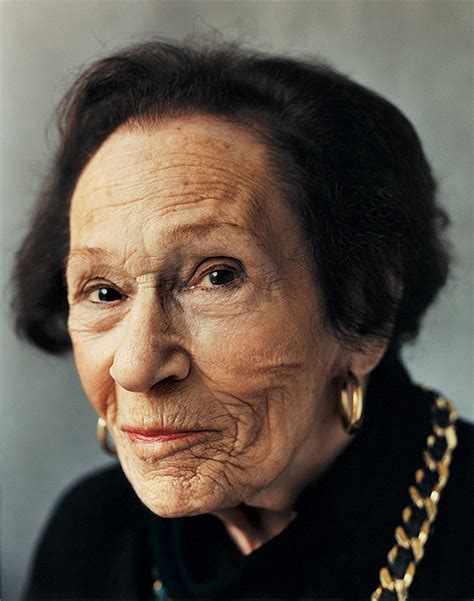A Quote by Genesis P-Orridge
I think, with TG, in our own ways, we have been committed to the idea of evolution on some level and change on some level - that human behaviour may not be changeable, but one has to try and be optimistic and work towards content that might signify change.
Related Quotes
The way I think of it is that Russia is not going to change fundamentally. They may change tactics; they may look at their interests and figure out what actions they take, but they're not going to change fundamentally. And they're going to try to gauge what will the responses be to things that they do, and what will our things be. And here, they do wonder what is the level of our resolve? How far are we willing to go? And that is something that is very hard to gauge.
Men call women faithless, changeable, and though they say it in jealousy of their own ever-threatened sexual honor, there is some truth in it. We can change our life, our being; no matter what our will is, we are changed. As the moon changes yet is one, so we are virgin, wife, mother, grandmother. For all their restlessness, men are who they are; once they put on the man's toga they will not change again; so they make a virtue of that rigidity and resist whatever might soften it and set them free.
I think that will only really change when the human races begins to suffer some of the extremely severe consequences of climate change which may be some decades ahead. They will then realise, as we have with the financial crisis, that we are up against the wall and hitting the buffers and we have got to change.
Everything creative is somewhat collaborative. If you're a painter and someone stretches your canvas, it was collaborative on some level. Ultimately I'm the writer for me, but also anytime one of my friends gets stuck with a bit, they can call me and I'm pretty good at helping them get there. I think we all work together on some level, but for the most part, we're on our own.
Today we face many problems. Some are created essentially by ourselves based on divisions due to ideology, religion, race, economic status, or other factors. Therefore, the time has come for us to think on a deeper level, on the human level, and from that level we should appreciate and respect the sameness of others as human beings.
Prayer is not a way to get what we want to happen, like the remote control that comes with the television set. I think that prayer may be less about asking for the things we are attached to than it is about relinquishing our attachments in some way. It can take us beyond fear, which is an attachment, and beyond hope, which is another form of attachment. It can help us remember the nature of the world and the nature of life, not on an intellectual level but in a deep and experiential way. When we pray, we don't change the world, we change ourselves. We change our consciousness.
....You should keep dental floss on you at all times; when your eyesight goes, quit driving; don't keep too many secrets, eventually they'll eat away at you. But the most valuable lesson he taught me was this: Every day we get older, and some of us get wiser, but there's no end to our evolution. We are all a mess of contradictions; some of our traits work for us, some against us. And this is what I figured out on my own: Over the course of a lifetime, people change, but not as much as you'd think. Nobody really grows up.
Books are like people. Some look deceptively attractive from a distance, some deceptively unappealing; some are easy company, some demand hard work that isn’t guaranteed to pay off. Some become friends and say friends for life. Some change in our absence - or perhaps it is we who change in theirs - and we meet up again only to find that we don’t get along any more.



































